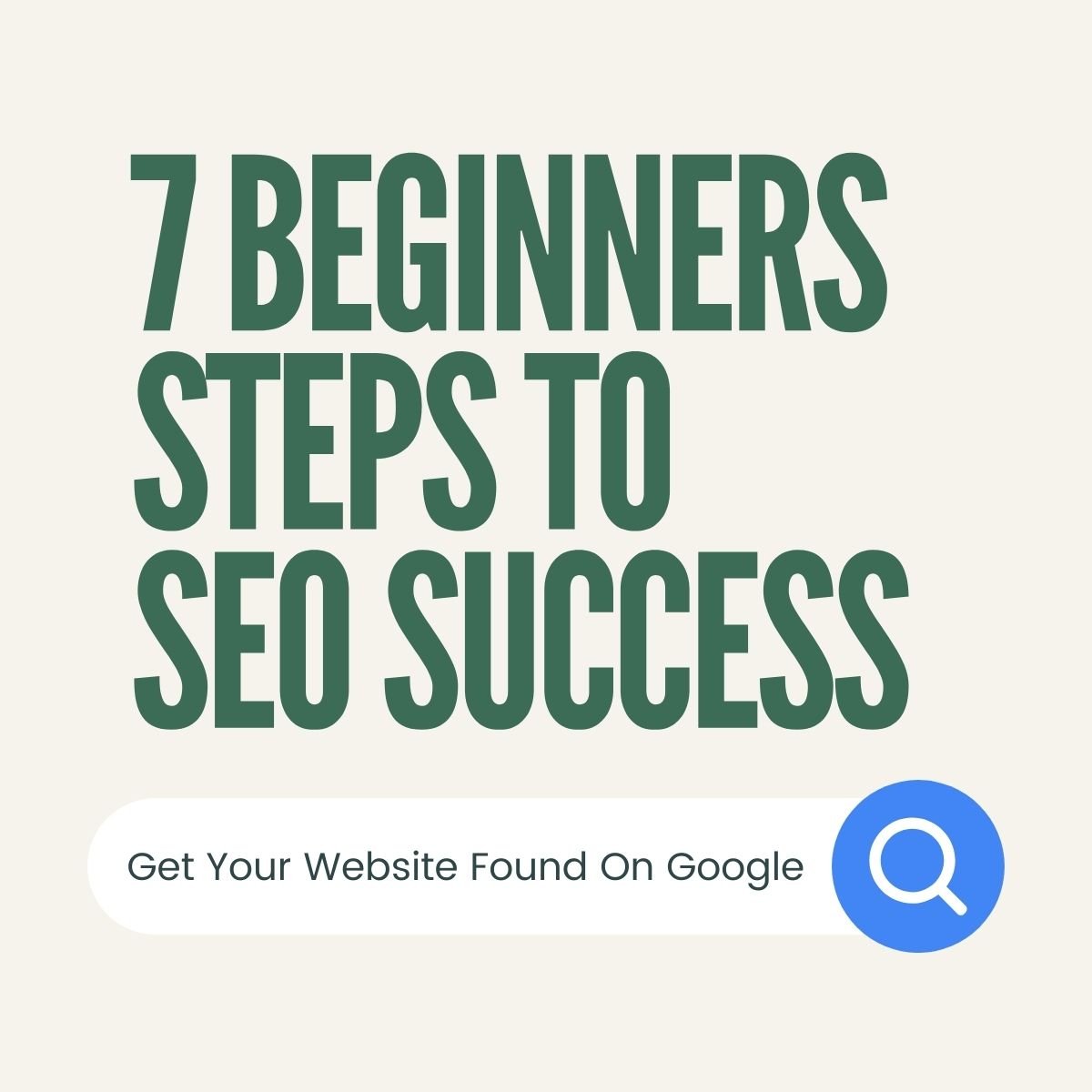Help Centre
Support > Promoting Your Website > Search Engine Optimisation
SEO - Search Engine Optimisation
Jump To A Section
- What Is SEO?
- How Do Search Engines Work?
- What Are The Most Important Ranking Factors?
- Which Search Engine Should You Be Optimising For?
- Why Is My Site Not Appearing On Search Engines?
- What SEO Tools Are Available?
- How To Improve Your Website's Rank On Search Engines (Further Reading)
What Is SEO?
SEO stands for Search Engine Optimisation. In the simplest terms, SEO is concerned with enhancing and developing your website in order to attract more visitors through search engine results.
Ranking well on the search engines will mean that your customers can find you more easily when searching for something relevant to what you offer. As a result, appearing higher up in the search engines will bring more visitors and if you have a shop, more sales too.
There is no silver bullet when it comes to optimising your site, but aspects such as your content, mobile friendliness and links all play a part in moving your website closer to the top.
How Do Search Engines Work?
To use a simple metaphor, think of each website like a building and the internet as a city. Each building has its own contents and unique address. If you have the address, finding the building becomes much easier. But what happens if you don’t have an address and you need to find the building among 60 trillion other buildings in the city?
Search engines make the task of finding the right one easier. The first step they employ is to use web crawlers to discover content by following links from one site to another. The crawlers read your content to determine what the website is about. This means they can then sort the websites based on their content and place them in their index. Results are ranked using over 200 factors in order to provide the most relevant results to the searcher.
What Are The Most Important Ranking Factors?
A ranking factor is a singular criteria that search engines take into account when determining where to place your website in their results pages.
Each search engine has their own algorithms set up to rank websites and they each value certain ranking factors over others. These algorithms are a closely guarded secret and SEO professionals can only speculate as to what ranks some websites higher than others.
However, studies* have shown that it is how users interact with your site that is the most important ranking factor of all. When taking into account how many pages each user visited, how long they spent on these pages and if other sites are linking to yours, user behavior indicates to search engines that your content is valued by your audience and therefore it should rank higher.
With that in mind, the main focus of any website should be to provide a good experience and valuable content your audience appreciates. Technical SEO practices will only get you so far. If you want to reach the top of the results, you need to have the best content.
Which Search Engine Should You Be Optimising For?
Our SEO guides are geared mainly towards helping you to rank well on Google's search engine.
Google has over 87% of the market share of search engines in the UK, followed by Bing which has around 8% as of June 2019.*
While the focus will be how you can optimise your site for Google, search engines' specifications for ranking do not differ hugely. If you find you are ranking well on Google, it is likely you are ranking well on the other search engines too.
Why Is My Site Not Appearing On Search Engines?
Unfortunately, getting listed on the search engines takes a lot of time, planning and execution. It will not happen overnight. If it were easy to get onto page one of Google, it would not be nearly as valuable an accomplishment to your business as it actually is!
Our SEO guides will help you to get started with your first campaign. Alternatively, you can download our SEO e-book on how to market your new website for some great first steps. Use the link below to download your copy:
Get your guide on How To Market Your New Website >>
There is one task that you can do to get your pages indexed faster and that is to [submit a sitemap]. While it does not mean you will rank any higher by doing this, it does send a request to search engines to crawl your site and index your website assoon as they can.
What SEO Tools Are Available?
There are hundreds, if not thousands of tools online that will help you with your SEO plans. From monitoring your search rankings, checking your broken links or suggesting improvements, you can find a tool that will do just about anything to advance your strategy.
The Create platform also offers a number of tools for you can take advantage of to improve your rankings and increase traffic to your site. Here are some of the features available to you:
Sitemaps
Your sitemap will be automatically updated every time you publish changes to your site. All you need to do is submit your updated sitemap to the search engines to get your changes indexed faster.
Custom Meta Information
You can change how your search engine result appears by customising the title and description. This can help you to improve click throughs to your website with the right wording.
Technical SEO
Factors such as page speed and other technical optimisations are all handled on the backend of Create so that you don’t have to worry about them.
Mobile-friendly templates
Having a responsive website is more important than ever and Google ranks websites based on their mobile performance over desktop. Our range of templates and Website Builder Tools make sure that your website is optimised for all devices.
Image Optimisation
When you upload an image to use on your website, our system makes a number of optimised versions of that image. It then serves the right one to the right device to ensure images load quickly and lessen the load on your website.
SSL Encryption
Google also places a lot of emphasis on the security of websites. Create websites come with HTTPS:// enabled to protect your website visitors.
Analytics Integrations
Find out how you can further optimise your website for SEO by easily linking tools like Google Analytics and Google Search Console to your site. These tools will help you to measure the effectiveness of your campaigns while helping you to identify areas for improvement.
How To Improve Your Website's Rank On Search Engines
There are a number of strategies you can use to improve your position (or rank) on search engines. Our SEO guides will outline the first steps you can take to help you increase your rank:
- References:
- Ranking Factors 2.0 (SEMRush)
https://www.semrush.com/ranking-factors/ -
Market share held by the leading search engines in the United Kingdom (UK) as of June 2019 (statista.com) https://www.statista.com/statistics/280269/market-share-held-by-search-engines-in-the-united-kingdom/
Related Articles
More Questions?
If you have any further questions, please get in touch and we will be happy to help.
Get in Touch



